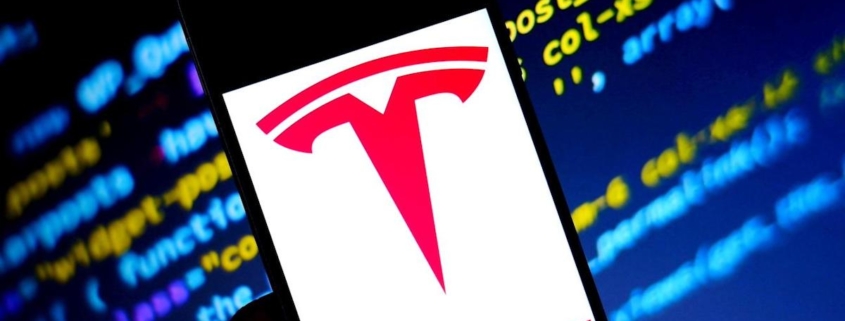Live news: Elon Musk says Tesla open to acquiring mining company
Ukraine’s transmission network operator has suspended contractual obligations to transport gas through one of its key pipelines with Russia because of enemy troop activity, in a move that could cut flows to Europe.
The gas transmission system operator of Ukraine said that transit would halt at 7am on Wednesday at the Sokhranivka point along the smaller of two pipelines that deliver gas from Russia. It said it was unable to carry out operations at a border compression station in Luhansk — a region of Ukraine that Moscow claims as an independent state — because of the Russian occupation.
“The interference of the occupying forces in technical processes and changes in the modes of operation of gas transmission system facilities, including unauthorised gas offtakes from the gas transit flows, endangered the stability and safety of the entire Ukrainian gas transportation system,” it said in a statement on Tuesday.
The gas transmission system operator of Ukraine said that almost one-third of Russian supplies that go via the country to Europe would be affected, but it would still be possible to fulfil the needs of its European customers by rerouting gas to the Sudzha connection point.
Ukraine’s pipeline operator has previously cautioned that war-related damage to the system could endanger flows, but it is the first time since the invasion that it has declared force majeure, highlighting the risks to the supply of Russian gas to Europe.
Last year, EU states imported 155bn cubic metres of Russian gas, of which roughly 40 bcm transited through Ukraine. Nord Stream 1, the largest pipeline running from Russia to Germany, has the capacity to take 55 bcm.
The announcement of the halt sent future contracts tied to the European wholesale gas price benchmark nearly 6 per cent higher on Tuesday to almost €100 per megawatt hour, overturning earlier losses.
Yuriy Vitrenko, chief executive of Ukraine’s state gas company Naftogaz, pinned the blame on the Russian side. “Gazprom has been duly notified that Ukraine is no longer responsible for gas transit through territories occupied by Russia,” Vitrenko said.



